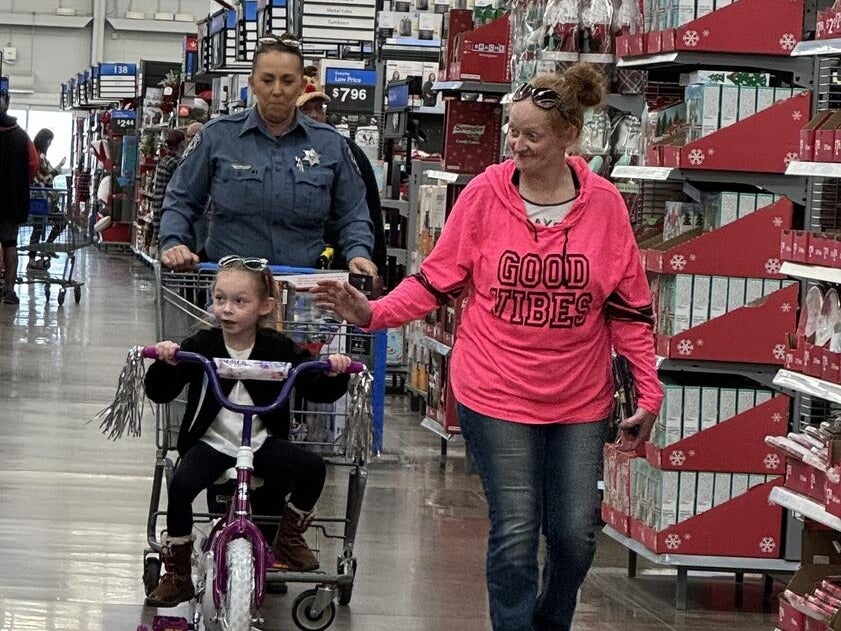In rural KS, the police fight crime with trust – The Aspen Institute


Just half of Americans trust their local police. That is actually up from a record low of 43% last year, as measured by the Gallup poll. Not so in Parsons, KS.
There, 83% of the town’s residents trust the police. And that is mainly thanks to Chief Robert Spinks.
After a distinguished career as a police chief in large- and medium-sized cities, Spinks was ready to take his last commission. “When my wife and I came to visit Parsons and looked down Main Street, it was a picture of Americana,” he says. “I thought I could be like Andy Griffith in Mayberry.”
But behind the pretty streets and kind people, there was also pain. Parsons has a high per-capita crime rate, mainly driven by crimes of despair like domestic violence and abuse of opioids and other substances. Like many other small towns across America, Parsons lost many of its industries over time and some folks lost hope that things could get better.
The town has 10,000 people and over 30,000 calls for help to the police. 31 officers and 9 support staff respond. Most of the incidents are preventable. To tackle them at the root, Spinks reorganized the police department to prioritize community connection.
His team opened social media accounts, invited townsfolk to get emails and text alerts, and started all sorts of outreach. They hold monthly lunches to hear concerns from community leaders and let businesses and other groups invite officers for “Coffee with a Cop” sessions.
In one program – Shop with a Cop – officers raise money to help low-income children buy Christmas gifts for their families. “I’ve seen grown men tearing up with joy,” says Chief Spinks. “You literally watch the connection being built between the police, the children, and their families.”
He says officers typically spend 95% of their time confronting the community when it is at its worst. “It’s important for them [police and residents] to also see the supportive and good side of the community.”
The community’s higher trust in police has made it easier for officers to connect people struggling with addiction, mental health, or hard times to the social services they need. It has also helped victims of domestic violence to seek help early on, before violence escalates.
Spinks has been making these changes over six years and says it is just the beginning. His team recently got specialized training with the nonprofit Police2Peace to help them become more empathetic and responsive to people. This year, he got money for a Community Oriented Policing and Problem Solving (COPPS) officer to focus full-time on outreach and community connection.
Weave Community member Lisa Broderick, the founder of Police2Peace, introduced us to Spinks. She says her group is looking to work with more police departments. So if your community suffers from broken trust with law enforcement, you might contact Police2Peace through its website. Or if you have a success story on police-community relations to share, let us know.
This story was originally published on Weave’s newsletter. You can subscribe here for more stories.

Student loans often follow borrowers for years, sometimes decades. Even people who fully understand how much they borrowed can feel...

It was a busy week for RIA aggregators. There were a few large moves, including $235 billion multi-family office Cresset...

Blog Posts Archives UnfavoriteFavorite February 27, 2026 Weave: The Social Fabric Project Subscribe to Weave’s Newsletter This story was originally...